Revolutionary journalism has been around for a hundred years now, and in that time, Thai Nguyen in general, and our hometown's journalism in particular, have had many highlights. Let's talk about ourselves, and about each other - about Thai Nguyen newspaper, which we have been attached to for more than 6 decades.
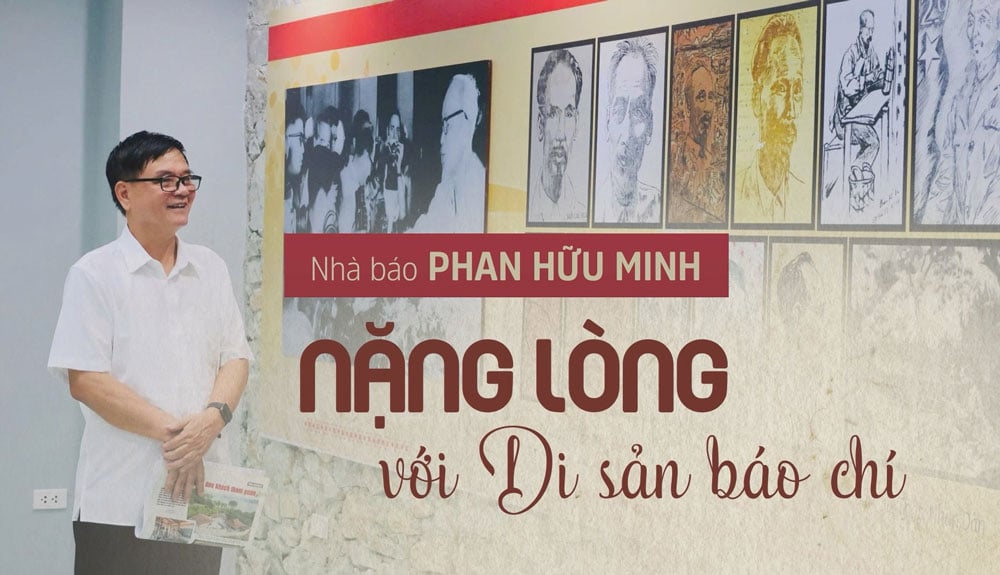 |
| Journalist Phan Huu Minh. |
Cheer up, I'm home!
Having to leave a place that has been attached for decades to a new place to live and work, without being disturbed, anxious, or filled with new emotions. The story of thoughts and compassion on social networks with heartbreaking words: Goodbye, remember… “When we are here, it is just a place to live/When we leave, the land suddenly becomes the soul”… I told my colleagues: Cheer up, young people: We are coming back! Coming back to serve the country to rise up in the new era.
Thai Nguyen, a very meaningful name. My friend - Associate Professor, Doctor of Sino-Nom Studies Nguyen Thuy Vinh explains: Thai Nguyen is a vast, peaceful and kind land, Thai Binh ... During the Ly Dynasty (1009-1225), Thai Nguyen Governorate included Thai Nguyen - Bac Can - Cao Bang and a part of present-day Tuyen Quang. Thai Nguyen was the fence of Thang Long citadel throughout history. In 1499, the 2nd year of Canh Thong, King Le Hien Tong separated Cao Bang prefecture from Thai Nguyen, establishing an administrative unit like a province.
On April 11, 1900, Governor-General of Indochina Paul Doumer issued a Decree separating a part of Thai Nguyen land to establish Bac Kan province including four districts: Bach Thong, Cho Ra, Thong Hoa (later changed to Na Ri) and Cam Hoa (later changed to Ngan Son).
The name Bac Kan is the name of a mountain peak in the Ngan Son (Pac Kap) arc. Up to now, after 125 years of formation, Bac Kan with 7 districts and 1 city has had strong development in all areas of social life. In 125 years, there were 32 years returning to Thai land with the name Bac Thai (1965-1997).
Now we are returning to the original roots 1016 years ago. So we are returning - returning to the roots in the heart of the Vietnamese Fatherland... When we returned, Thai Nguyen was a small province, with a natural area of less than eight thousand four kilometers; a population of nearly eight million. However, the advantages of Thai Nguyen are very significant. Accordingly, being from the same family, we have many similarities in customs, historical traditions, cultural and social life, and are the industrial, educational and logistics center of the region.
The presence of large corporations such as Samsung, industrial parks, and transport infrastructure helps the tea land shape its role as an "industrial gateway" in the northern mountainous region; the North possesses its own strengths in terms of forest resources, minerals, indigenous agricultural products, and ecotourism potential.
The combination of an industrial and service production center with a diverse agricultural and forestry raw material area opens up opportunities for restructuring the economy in a sustainable direction. Development space is expanded, value chains are closely connected, creating conditions to attract investment in new fields.
Socially, the new province has the conditions to narrow the gap between urban and mountainous areas. The quality infrastructure, healthcare and education systems are more widely spread and connected more effectively. People in mountainous areas have better access to quality services.
The new province can build a comprehensive cultural development strategy. Linking the preservation and promotion of heritage values with the development of community tourism. This contributes to preserving traditions, promoting the economy and connecting the community.
Now let's talk about the road we are going.
September 2, 1956 marked the birth of the revolutionary press of Thai Nguyen province by inaugurating a broadcasting system with 23 loudspeaker clusters and 30km of lines. August 25, 1962, a very meaningful day: Thai Nguyen Provincial Party Secretary Le Duc Chinh signed the decision to establish the Party Committee's newspaper. On June 5, 1965, Bac Thai Newspaper published its first issue.
Before that, during the years of resistance against the French, the People's Newspaper, Cuu Quoc, Quan Doi Nhan Dan, Viet Nam Thong Tan Xa, Van Nghe Cuu Quoc were born and developed on this land. We are the locality that nurtured and is the cradle of revolutionary journalism. We have kept up with the times, and in many areas, we are even ahead of the times.
Thai Nguyen and Bac Can press agencies bravely went through periods of stagnation, many periods of brilliance, strong development, especially in the quality of information. Local press but organized the production of hundreds of episodes of documentary films, feature films, large-scale television shows to honor the traditions of the country and homeland.
Promoting the tradition of being the cradle of revolutionary journalism throughout the history of journalism, Thai Nguyen journalism has always been a pioneer, a pioneer, and kept up with the times. Up to now, it has developed synchronously electronic newspaper platforms, social networks Facebook, TikTok, YouTube, Zalo, Intagram, bringing news to readers quickly, vividly and effectively.
Over the past decades, we have worked hard to train a team of professional journalists with skills, expertise and love for the job.
We are in the early years of the new era, the era of the country's rise. Thai Nguyen journalists soon realized the shortcomings in communication activities such as redundancy and duplication in information; waste of human resources, disconnection from life and cumbersome management in the 4.0 era. They bravely and unanimously built a reform project. On March 29, 2024, the Provincial People's Committee also issued Decision 614 approving this project.
Accordingly, from 2026, Thai Nguyen press will be autonomous and by 2030 will merge into a general press agency. Carrying out this year is a requirement of the Party, of life, not only for the press. To be streamlined and effective, the new Thai Nguyen press needs to overcome several weaknesses in performing its tasks in the past. Those are discovery and criticism, two important functions and relatively weak power of the press.
We have done a good job of putting the Party's resolutions into practice, but we have been slow in putting the demands and good models of life into the newspaper. We need to immediately fix the situation of salon journalists, which is quite common nowadays. AI intelligence is a tool for exploiting data, it cannot replace the human soul.
We already have converged, multi-platform newsrooms, but how do we apply them to organizational mergers? In my opinion, the newsroom after the merger must arrange reasonable personnel, choose reporters with high expertise, journalistic talent, and proficiency in all genres and types...
Our mainstream press only wins over social media in terms of speed, sensitivity, accuracy and direction. Therefore, it is necessary to arrange regular reporters in 92 remote communes and wards, and establish a permanent resident status to always have original sources of information.
Consolidation does not mean mechanically adding up the focal points and tasks. There must be a central (warehouse) to receive the aggregated data sent by reporters and editors. End the situation where one event has many reporters working. Good editors in all types of journalism: Print newspapers (including literary magazines), electronic newspapers, radio newspapers, television newspapers... use that data to create content...
One thing is certain: The revolution in journalism today requires leaders and managers to be good at their profession, cadres to be good at their jobs, reporters to be more versatile. If in the past many people did one job, now one person has to do many jobs. In addition to the skills of writing news articles for print newspapers, one must also know how to work for online newspapers, and even host programs in the fields one follows.
I think that after the merger, the advantages outweigh the disadvantages. Employees are free to create works on all types of journalism that the Editorial Board has... Producing programs based on digital content; The Editorial Board's digital transformation strategy... has a vital position in today's professional and modern journalism activities...
In all periods, the social responsibility of the Editorial Board and the fulfillment of the civic duty of each journalist working in Thai Nguyen are always emphasized. Not only does it cultivate the ethics and personality of each individual journalist, but it also creates the prestige and position of the press.
Our Thai Nguyen Press, when merged, has quite a lot of necessary and sufficient conditions of a converged Newsroom, ready to perform effectively, efficiently, and confidently enter the new era.
The advantages and challenges are currently 50-50. The advantages are that we have a long tradition and dedication, enthusiastic and effective support from the governing body, all levels, sectors and the press. We have enough basic forms to convey information, which were formed early, accumulated experience and professional skills, and supporting technology. We have a team of reporters and journalists who are skilled and passionate about their jobs.
The challenges are huge, stemming from practical demands and the environment in which journalism operates. First, we must implement the State’s Press Planning and other regulations to gradually eliminate press subsidies. That means we must strictly follow the prescribed principles but must produce and sell goods that buyers (provinces, sectors, units, regardless of territory...) find useful, many of which are of good quality and will certainly sell well. In other words, journalism economics must be considered a key task and carried out seriously.
Second, we must reorganize the working process according to the goal of streamlining and competing for information. The information of the newspaper must be original, reliable, and accurate. To do so, we must train quick response skills and have writers with good investigation, discovery, synthesis, and criticism skills.
Third, before doing the work of a journalist, we are political cadres. And that is so, working at the local Party newspaper, we must simultaneously do propaganda, mass mobilization and supervision work, plus be a writer full of knowledge, seriousness and humanity...
Some confidences with colleagues, hoping to provide more information and thoughts about the profession.
Source: https://baothainguyen.vn/xa-hoi/202506/cung-noi-voi-nhau-ve-duong-chung-ta-di-51b1350/




![[Photo] General Secretary To Lam attends the opening ceremony of the National Achievements Exhibition](https://vphoto.vietnam.vn/thumb/1200x675/vietnam/resource/IMAGE/2025/8/28/d371751d37634474bb3d91c6f701be7f)
![[Photo] Red flag with yellow star flutters in France on National Day September 2](https://vphoto.vietnam.vn/thumb/1200x675/vietnam/resource/IMAGE/2025/8/28/f6fc12215220488bb859230b86b9cc12)
![[Photo] General Secretary To Lam presents the 45-year Party membership badge to comrade Phan Dinh Trac](https://vphoto.vietnam.vn/thumb/1200x675/vietnam/resource/IMAGE/2025/8/28/e2f08c400e504e38ac694bc6142ac331)
![[Photo] Politburo works with the Standing Committee of Cao Bang Provincial Party Committee and Hue City Party Committee](https://vphoto.vietnam.vn/thumb/1200x675/vietnam/resource/IMAGE/2025/8/28/fee8a847b1ff45188749eb0299c512b2)
![[Photo] Prime Minister Pham Minh Chinh meets with Speaker of the New Zealand Parliament Gerry Brownlee](https://vphoto.vietnam.vn/thumb/1200x675/vietnam/resource/IMAGE/2025/8/28/cec2630220ec49efbb04030e664995db)





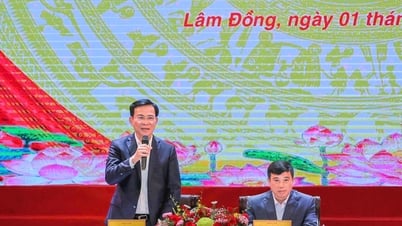

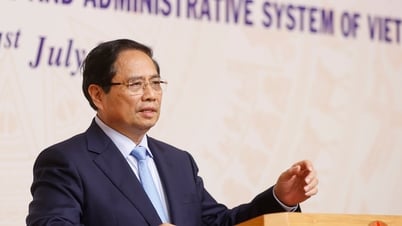

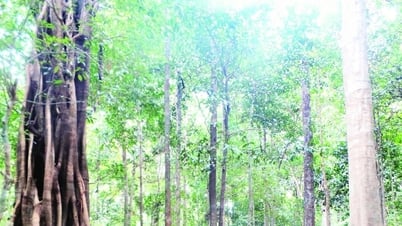
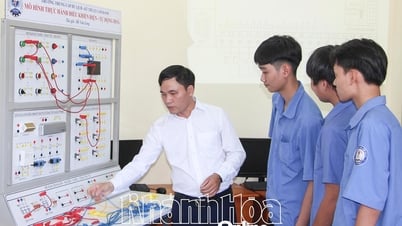

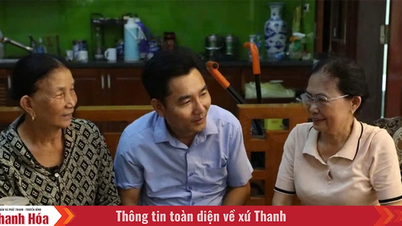

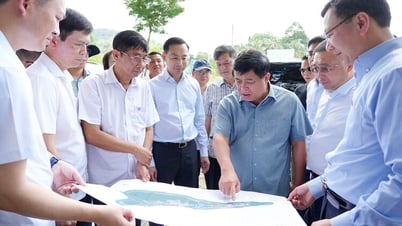

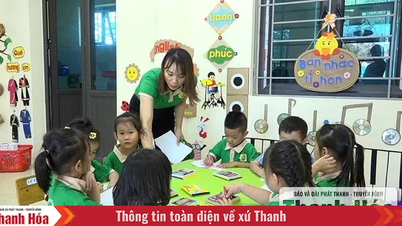
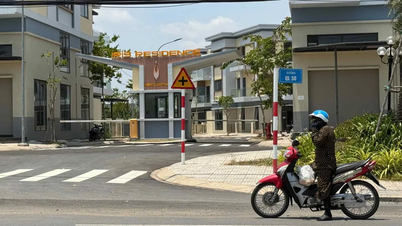




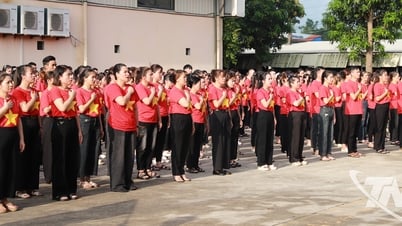
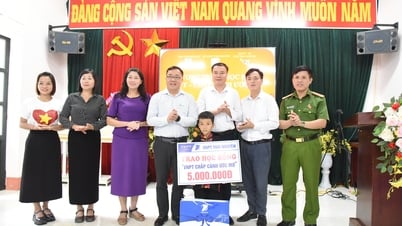
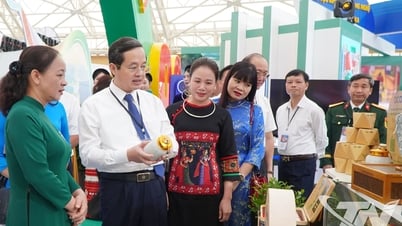
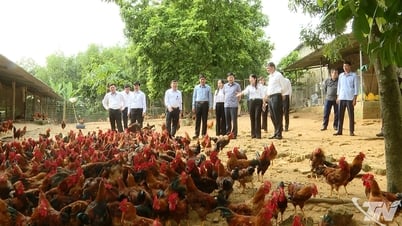
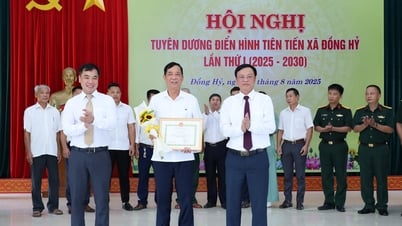
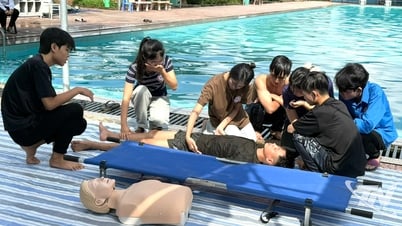























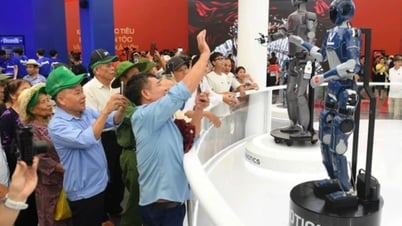

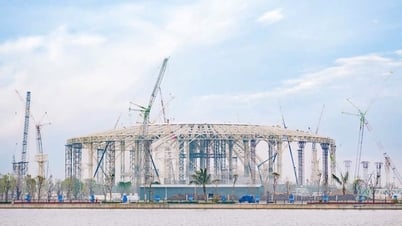












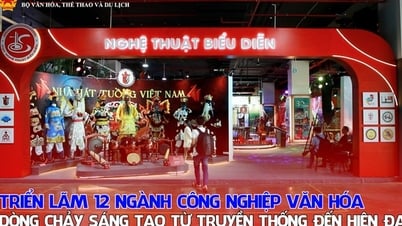



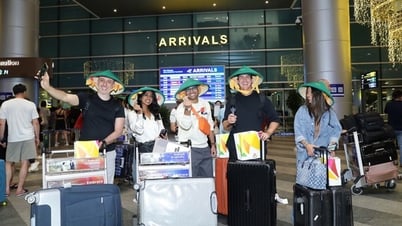
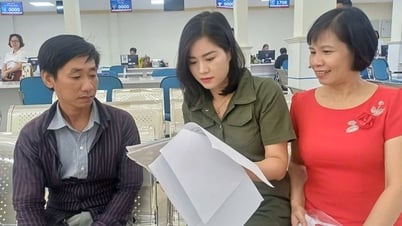
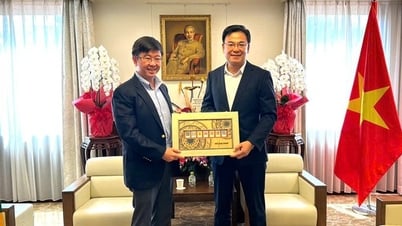
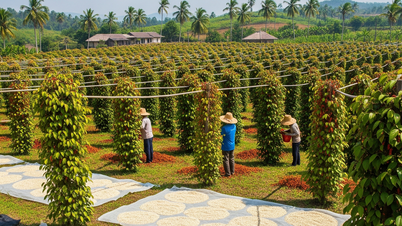

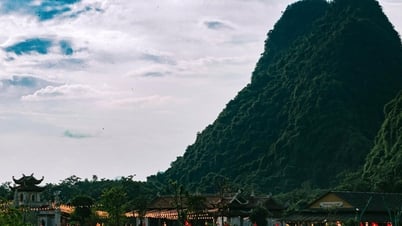

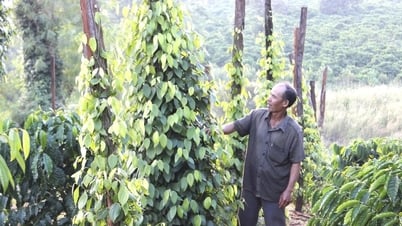
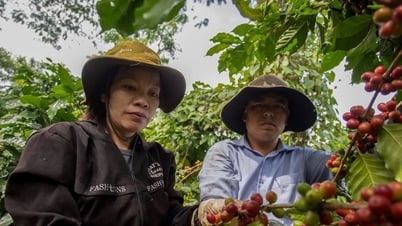
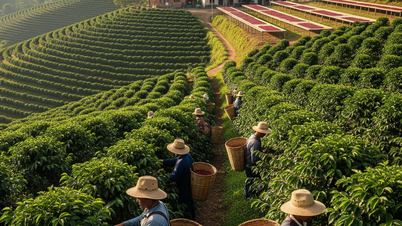
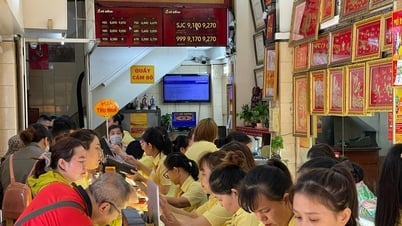











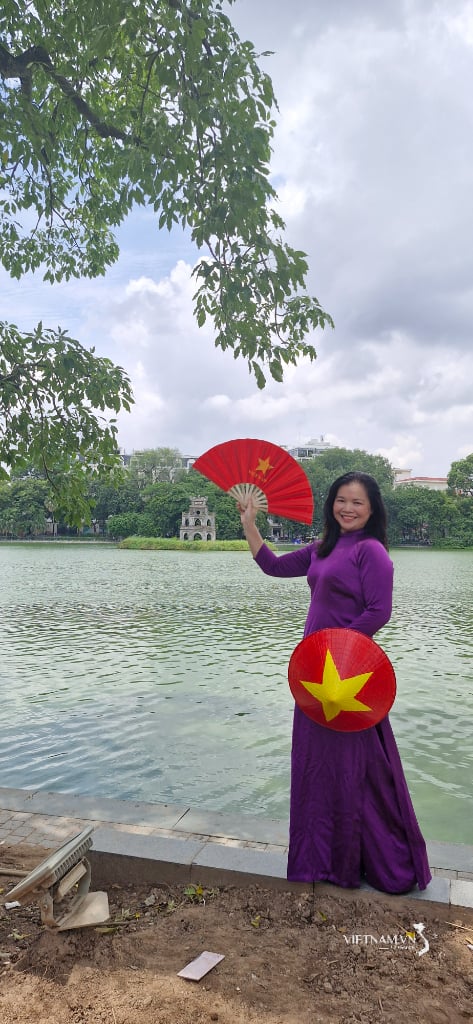

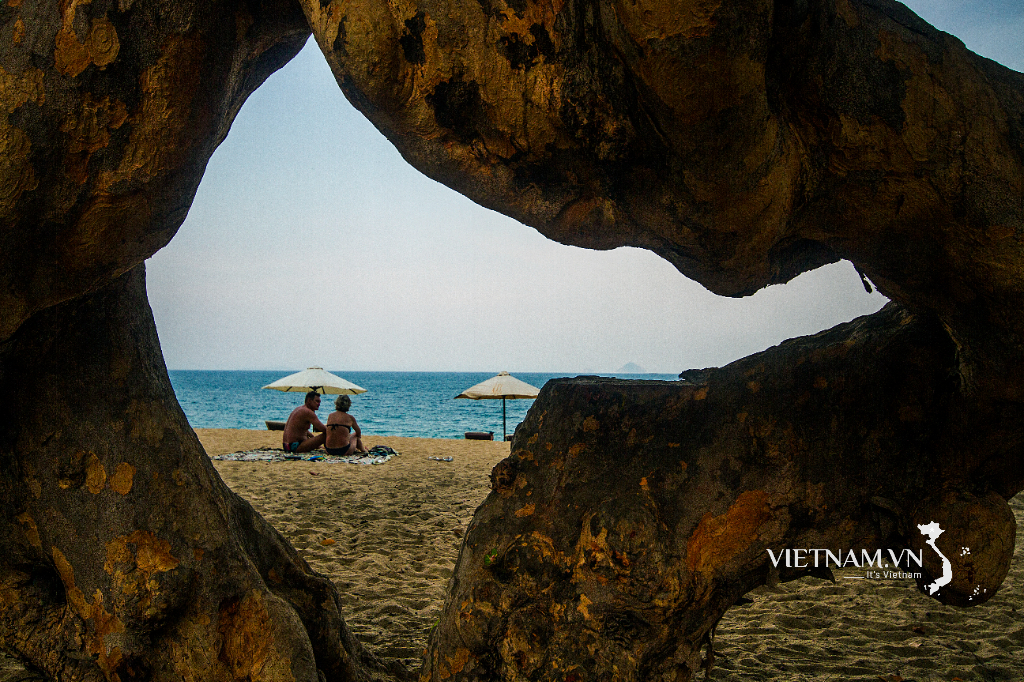

Comment (0)